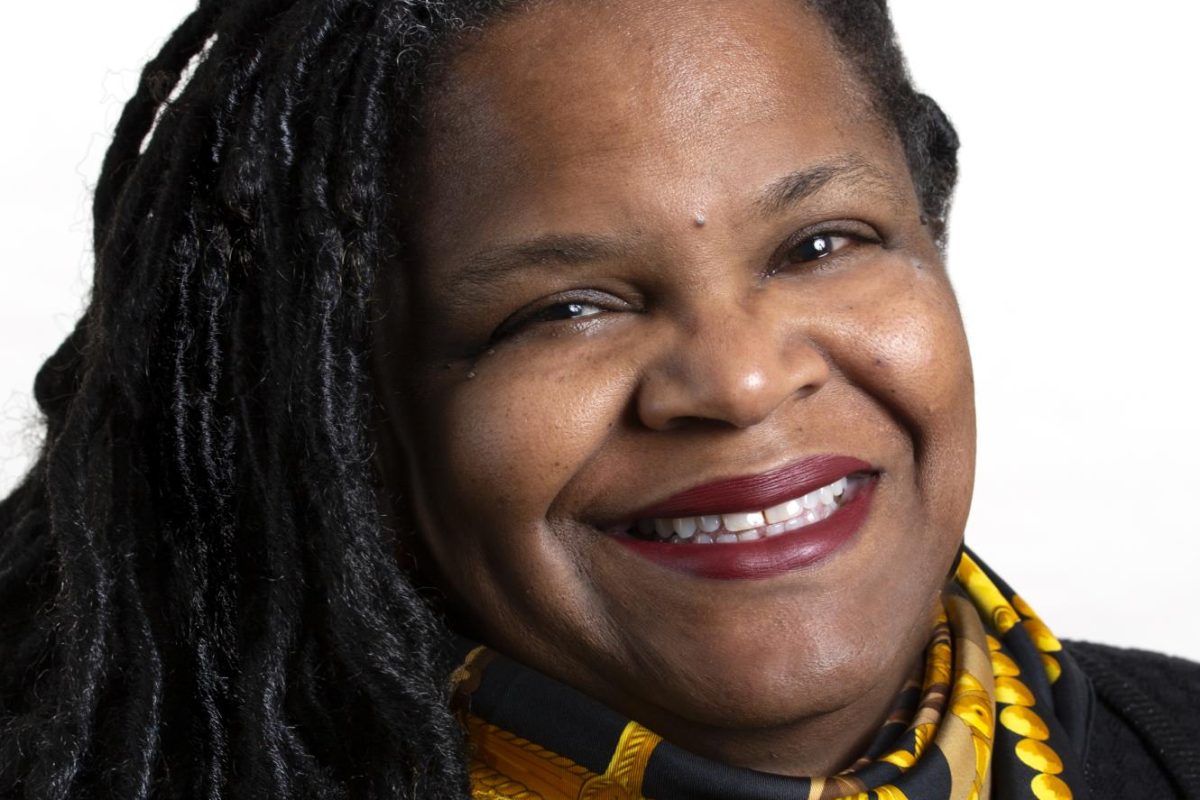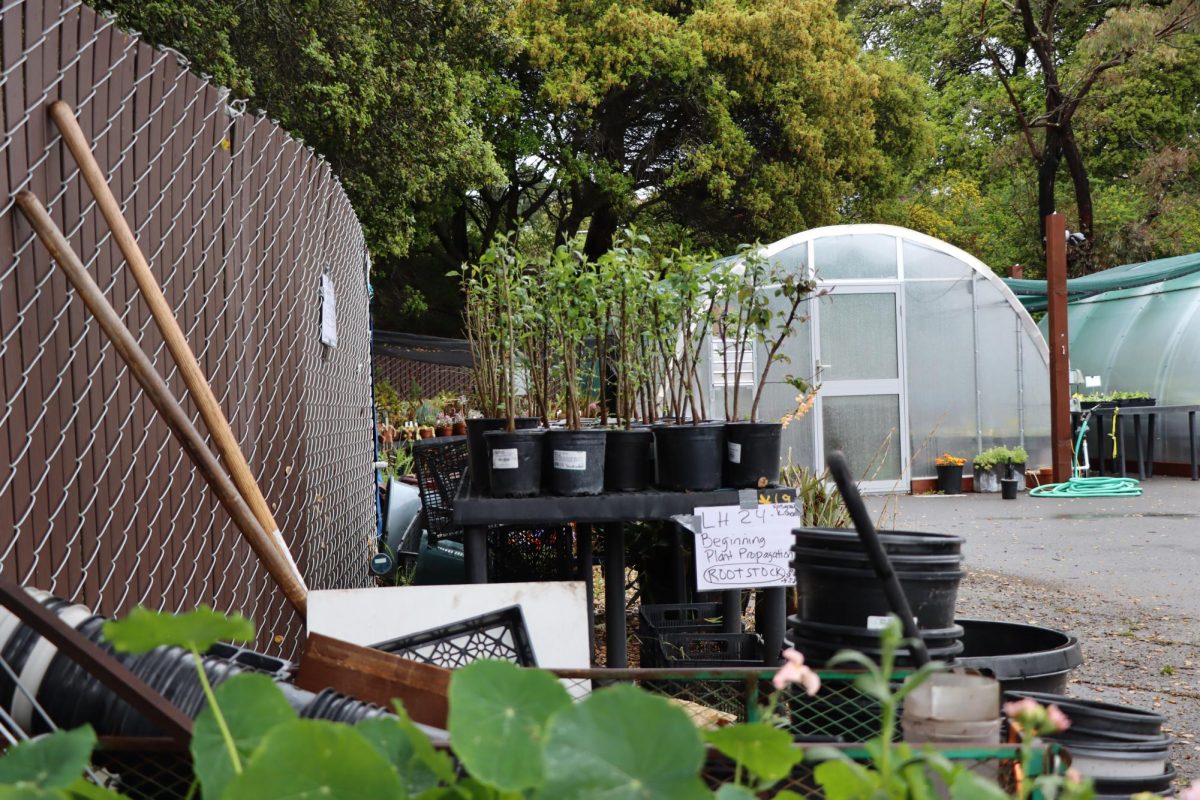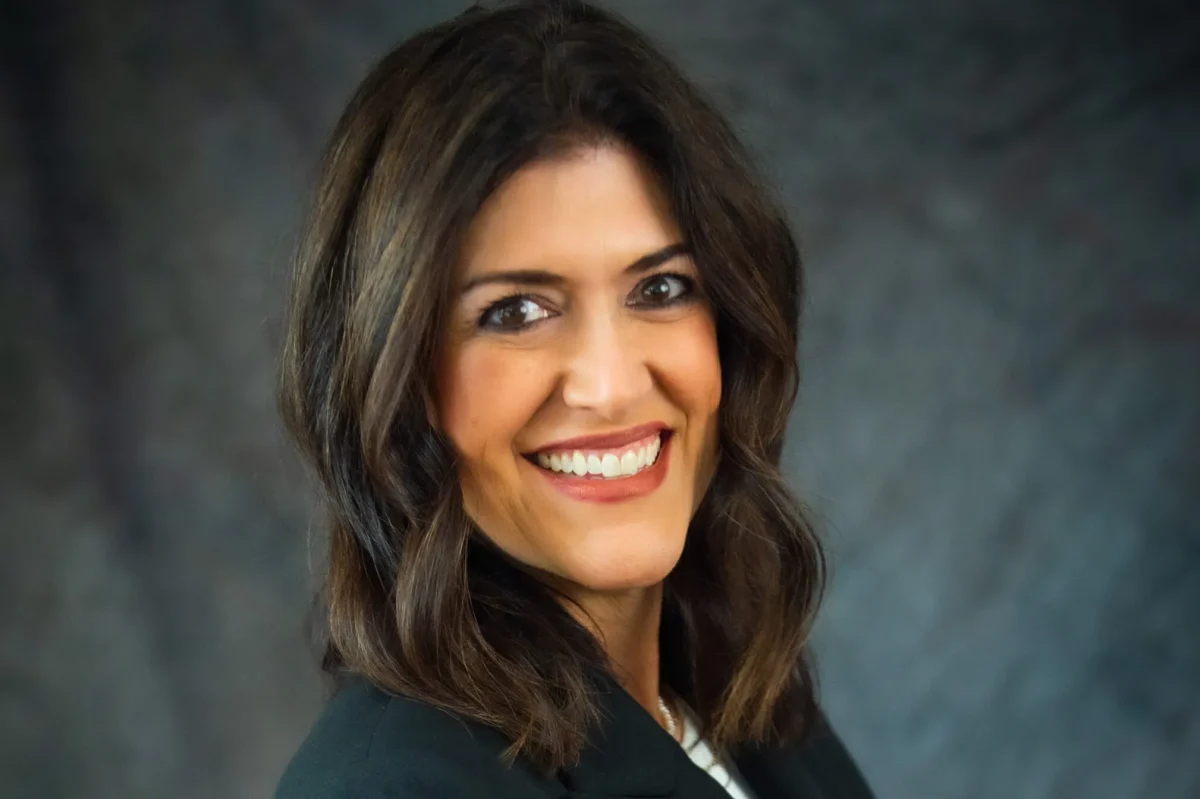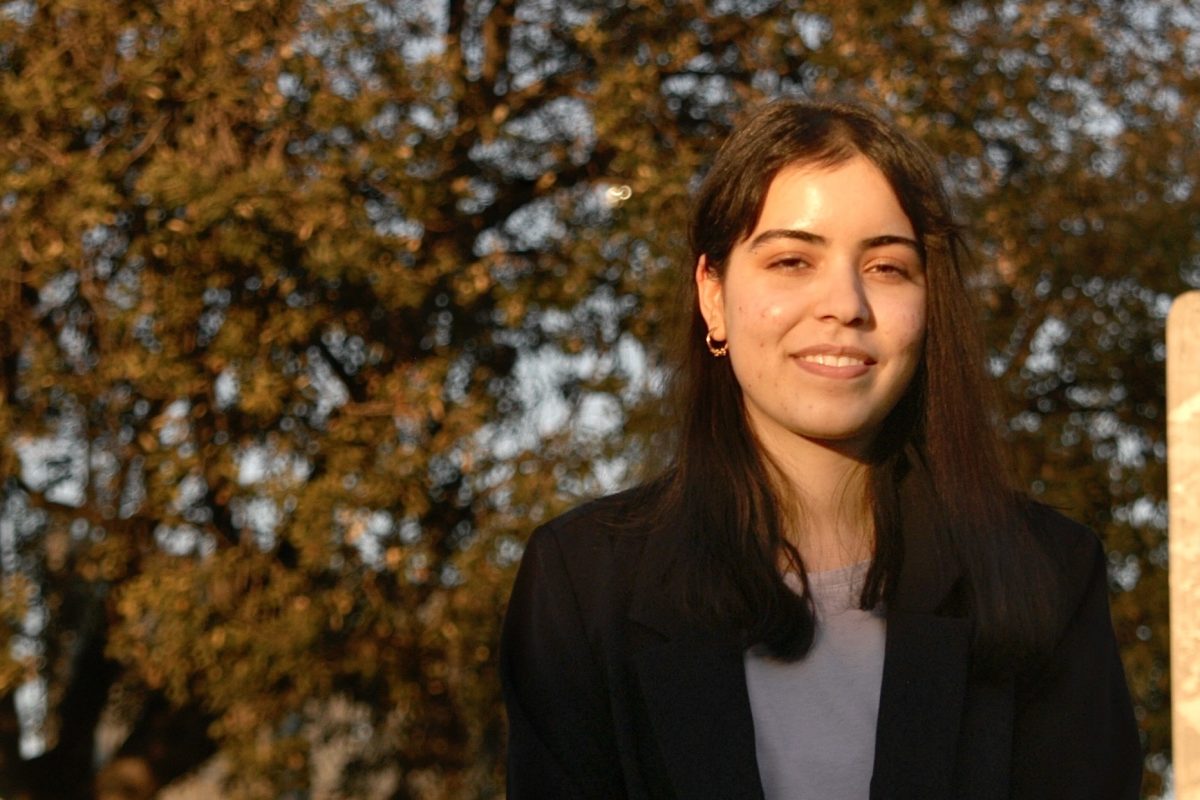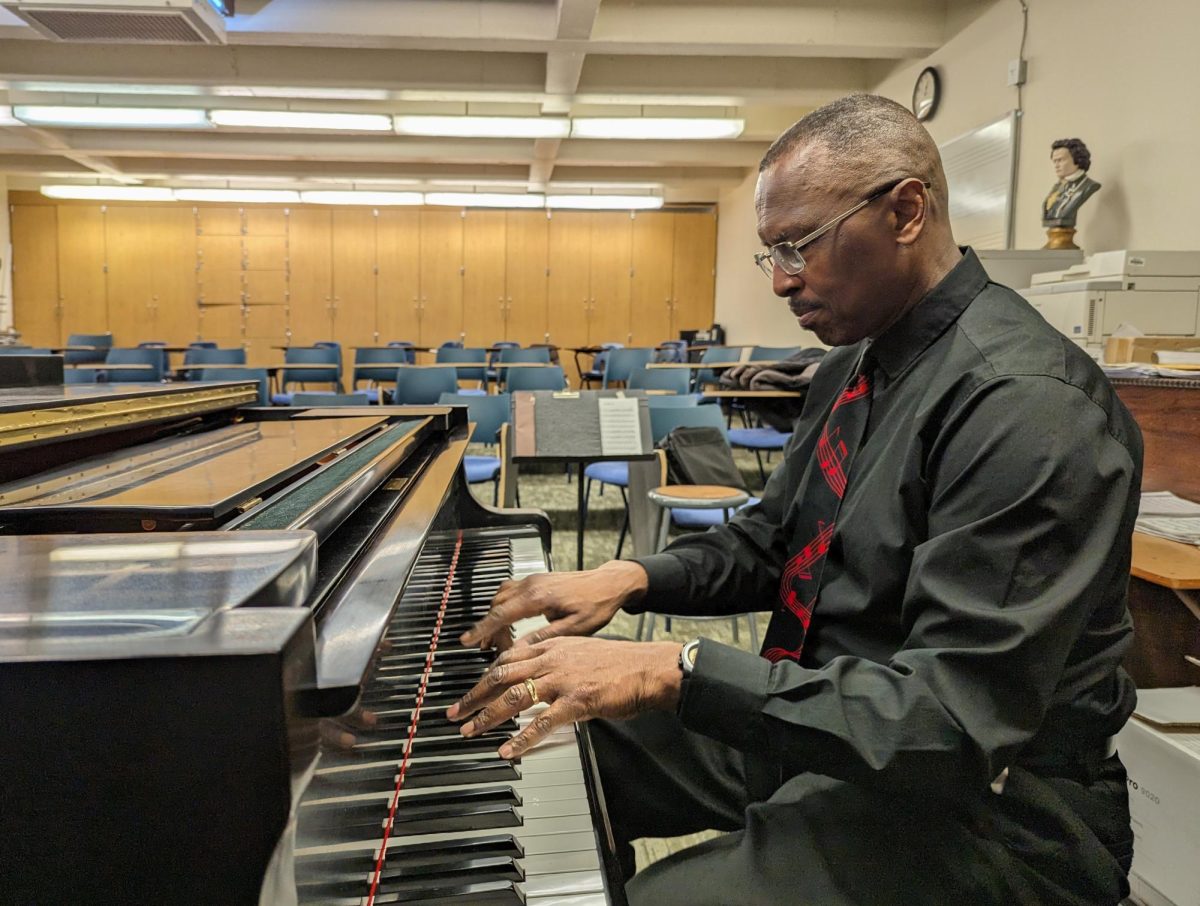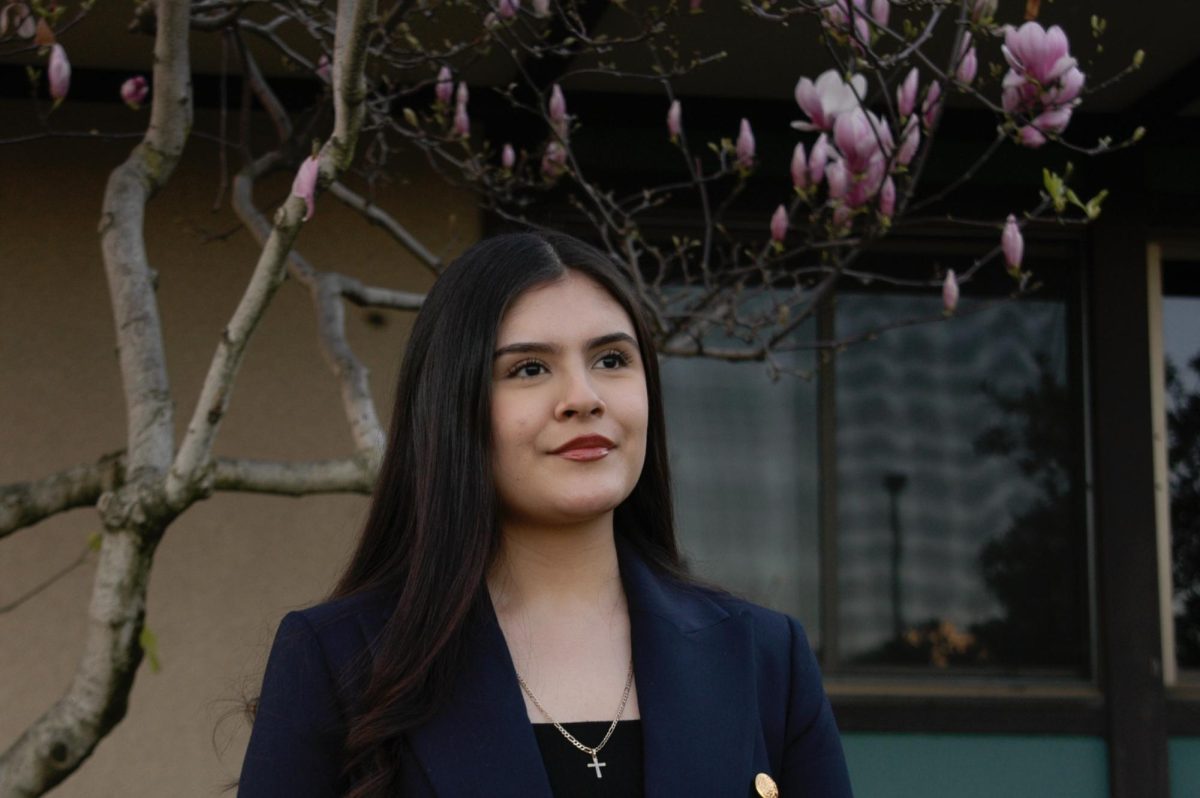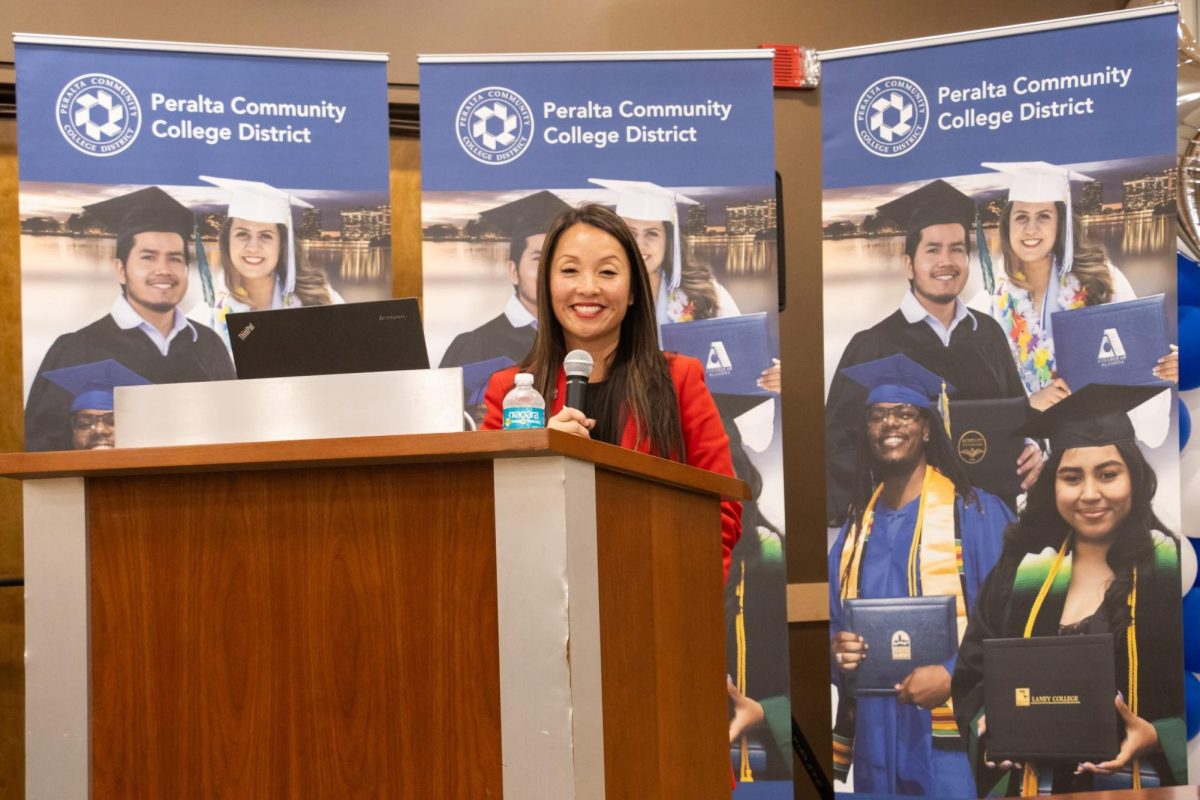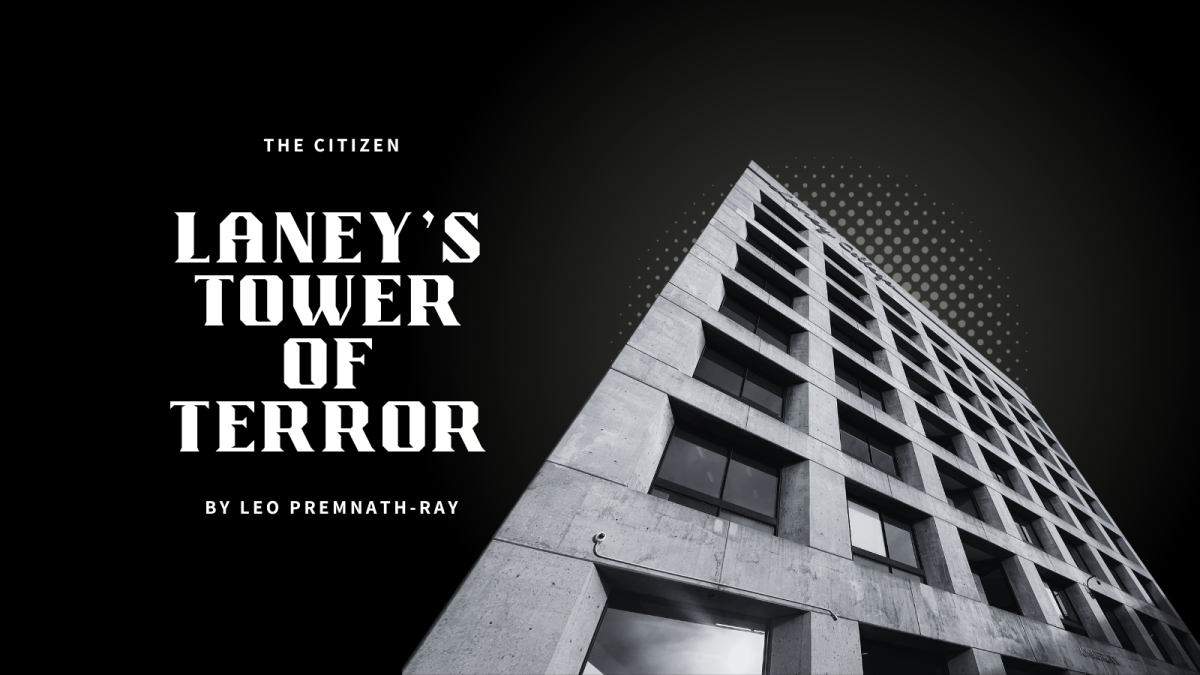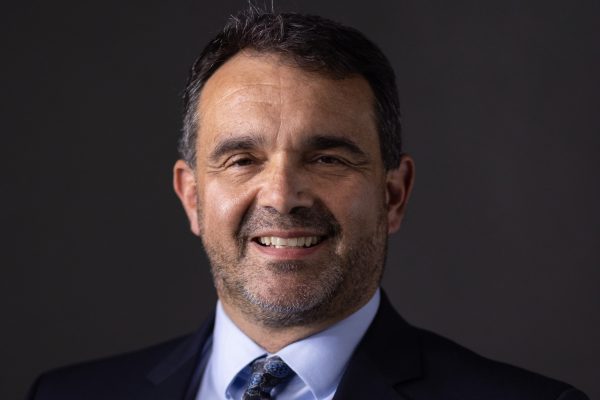
Laney College’s Undocumented Student Week of Action came to a close on Oct. 17 with a “Know Your Rights” workshop led by the East Bay Community Law Center (EBCLC), a local nonprofit organization that provides free legal support to low-income Bay Area residents.
Speaking to attendees of immigrant and citizen status alike, Ramon Becerra-Alcantar — a paralegal with the Immigration Practice of the EBCLC — offered some advice to those worried about deportation.
“First thing to remember is to stay calm, and do not open the door when ICE comes knocking,” he said.
Even though Oakland is a sanctuary city, Becerra-Alcantar explained that the status does not fully protect individuals from the U.S Immigrations and Customs Enforcement (ICE).
Sanctuary cities prevent local law enforcement from arresting persons of immigrant status unless being charged with a serious criminal offense — but that won’t stop ICE from making contact, said Becerra-Alcantar. “There are still ICE agents around, and they can approach you at any time.”
In an encounter with police, an individual is not required to speak and show ID if they are on foot — and those rights also apply to interactions with ICE.
ICE raids have also been carried out illegally, said Becerra-Alcantar, who explained that ICE will often identify themselves as police and present a warrant signed by an ICE official instead of a judge.
“It doesn’t give them permission to enter your house. It doesn’t give them permission to search you,” he said.
A video shown during the presentation said such warrants are a violation of both the fourth and fifth amendments — both of which were extended to protect noncitizens in the 2008 court case Boumediene v. Bush.
However, Becerra-Alcantar made it clear that gaining permanent residency does not necessarily protect immigrants from deportation.
“A lot of immigrants think that once you become a legal permanent resident that you’re set,” Becerra-Alcantar said. “Until you’re a citizen, you can lose your status at any point.”
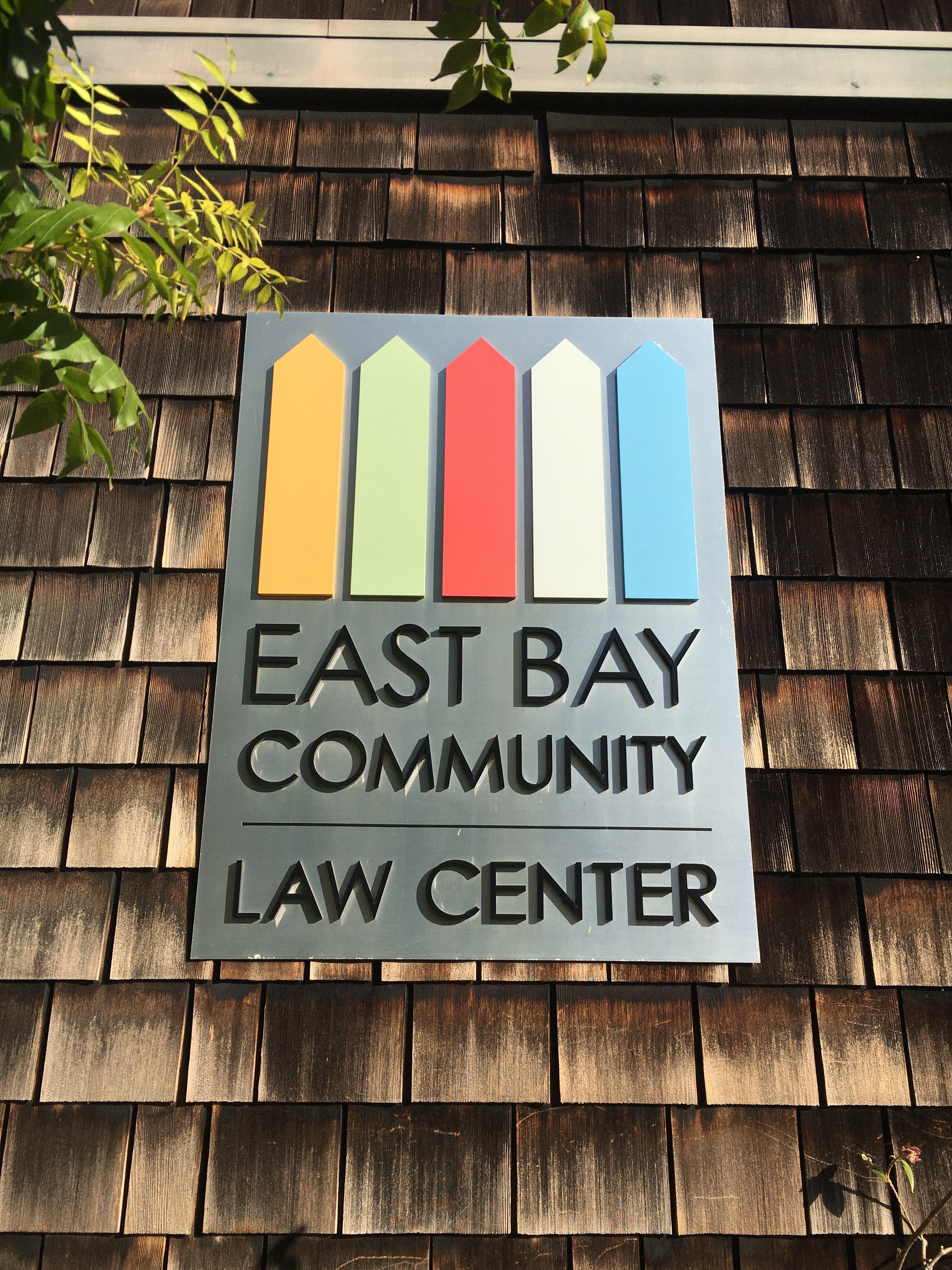
Becerra-Alcantar said that unlike citizens, permanent residents lack certain rights, such as the ability to vote in federal elections and run for federal office. They may be legally permitted to live in the country indefinitely, but can be subject to deportation.
Immigrants are also particularly vulnerable to scammers, according to EBCLC Program Coordinator Maria Brambila, who also spoke at the workshop. Brambila said that immigrants suffer an onslaught of phishing attacks, such as, robocalls, door-to-door scams, identity theft and threats of imprisonment if a certain sum is not paid immediately to a specified government agency.
According to Brambila, scammers will use the fear of an immigration investigation or even deportation to induce a heightened sense of urgency for the victim.
“Once you send the money, it’s almost impossible to get it back,” Brambila said.
The final issue tackled by the workshop was the status of Deferred Action for Childhood Arrivals (DACA) — which prevents undocumented immigrants from being deported two years after their enrollment.
Beccera-Alcantar said the Trump Administration attempted to terminate the policy in 2017, but it was saved in 2018 after the federal court filed an injunction. He said the Supreme Court will decide whether the program will continue or not, and there will be a hearing in January 2020.
“It’s very important to renew your DACA as soon as possible before January,” said Becerra-Alcantar. “We recommend that the renewal happens six months before the court permit expires and no later than December 2019.”
Becerra-Alcantar said that with the year rapidly coming to an end, the sooner DACA recipients renew their DACA the better.
“If your DACA is expiring soon, please come to us and schedule an appointment,” he said.
Ramon Becerra-Alcantar is available as a legal resource for students at the Laney College Latinx Cultural Center (Eagle Village 3 — on the south side of campus) the first Tuesday* and third Thursday of each month.
East Bay Community Law Center is a nonprofit affiliate of UC Berkeley and is located at 2921 Adeline St.and 1950 University Ave., Suite 200 in Berkeley, CA. The office is open Monday through Friday from 9 a.m to 5 p.m and can be reached at 510–548–4040 and [email protected].
*In a previous version of this article, it had incorrectly been reported that Ramon Becerra-Alcantar is available the first Monday and third Thursday of each month at the Latinx Cultural Center. He is in actuality available the first Tuesday and third Thursday of each month. We apologize for the earlier misreporting of fact.

